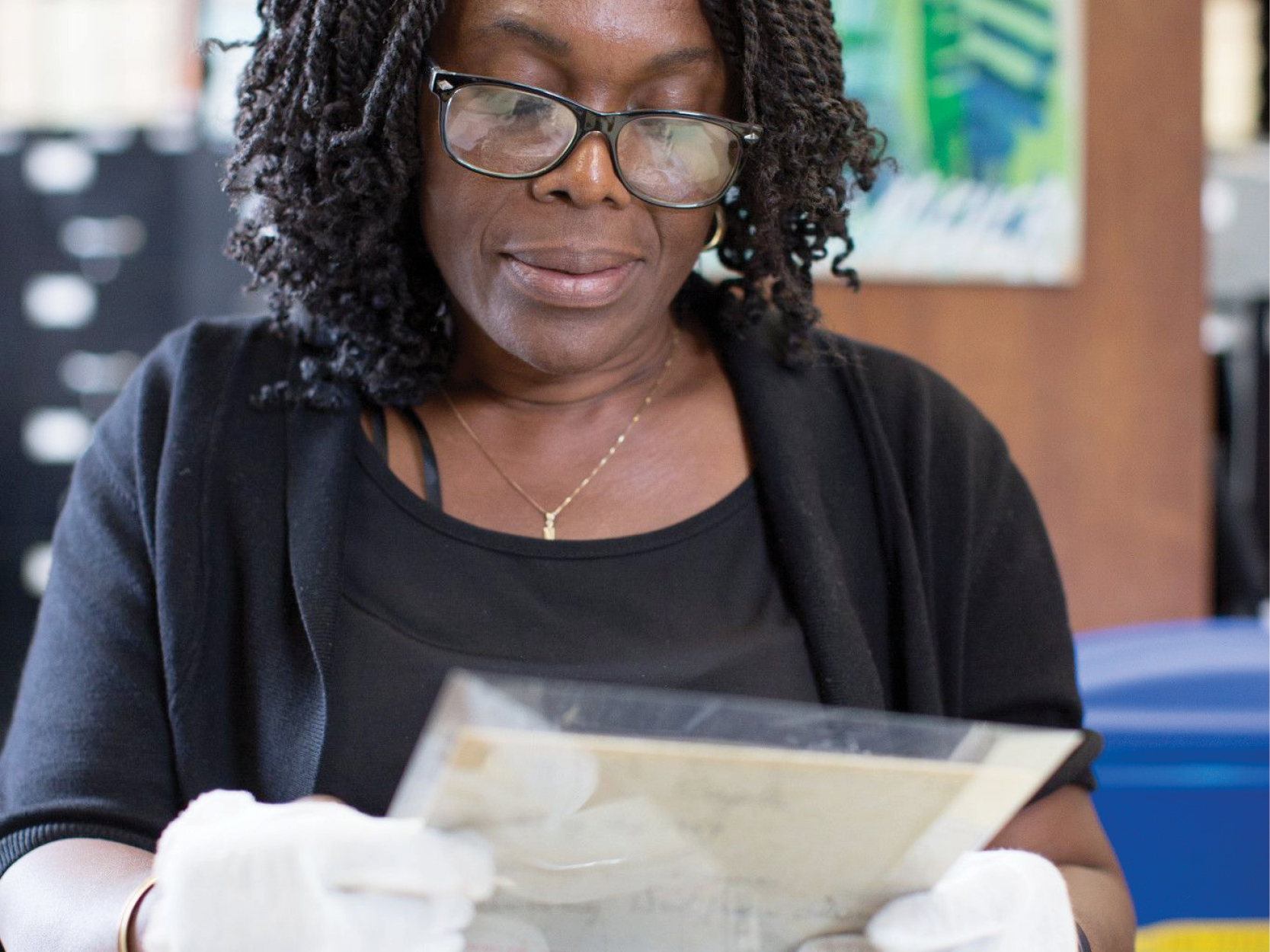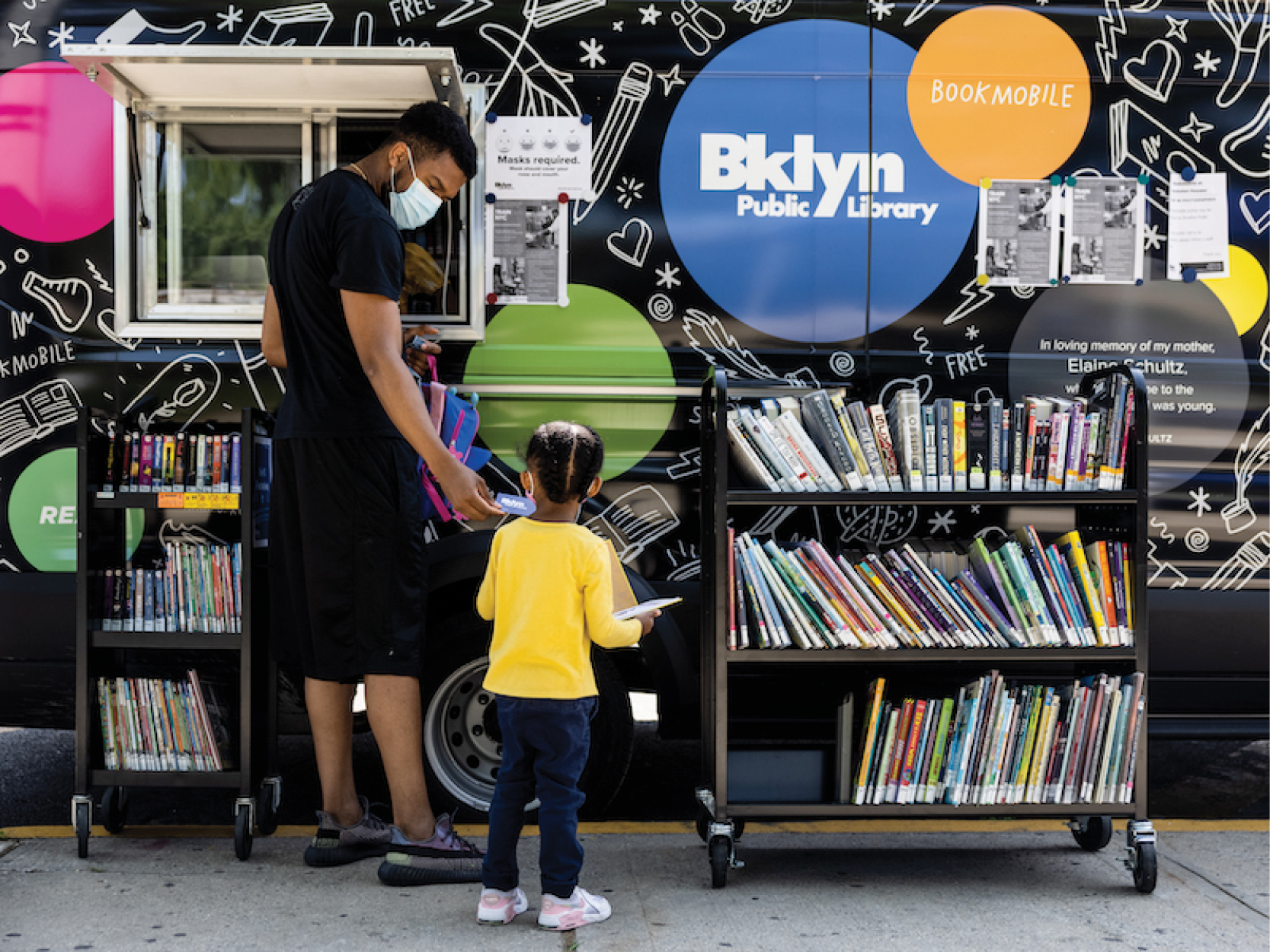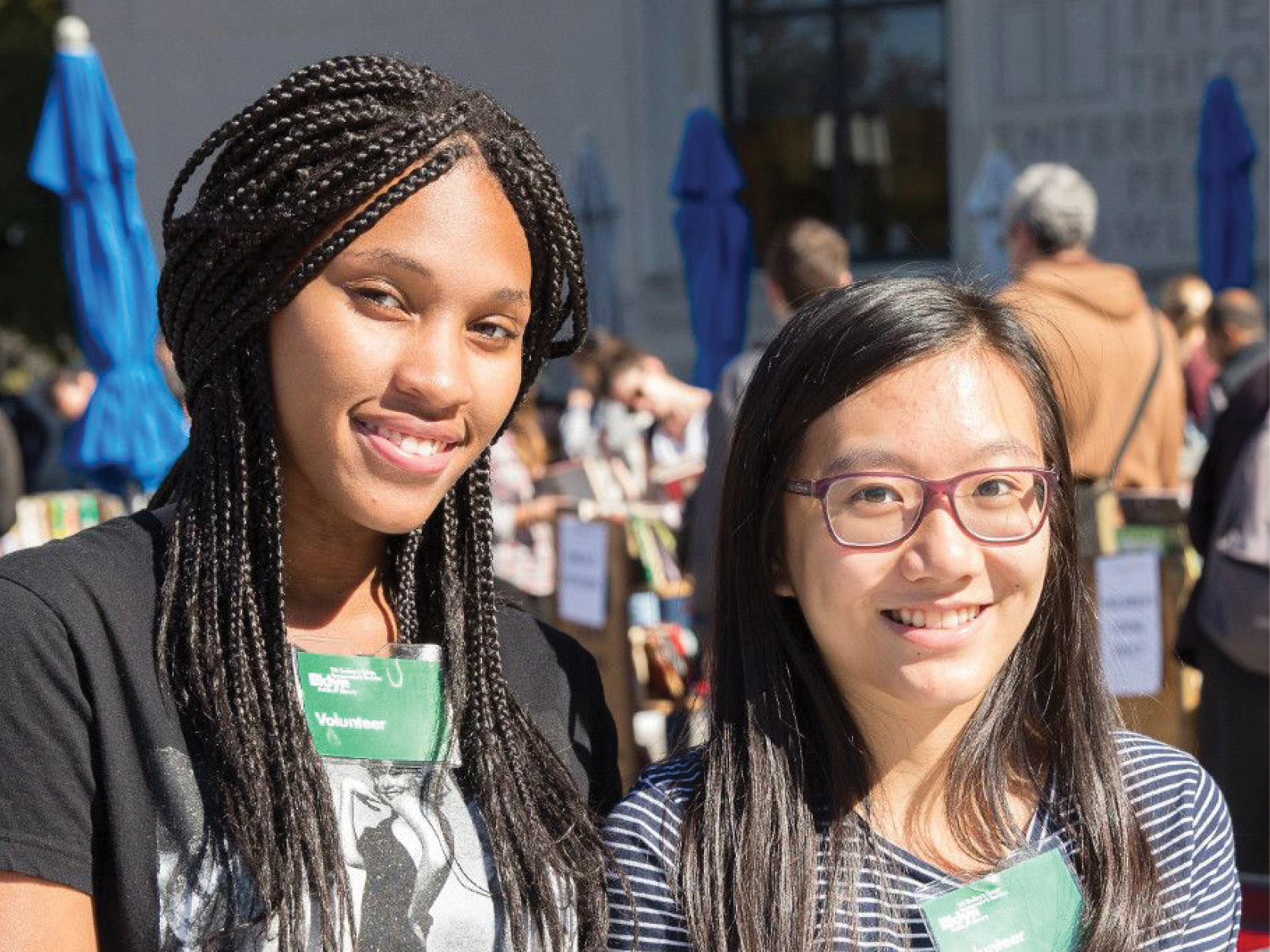When I stumbled upon the book Aristotle and Dante Discover the Secrets of the Universe, written by Benjamin Alire Saenz, I immediately felt seen as a person. Not only was it my first piece of queer literature, it served as a love letter for Mexican-American queer adolescents– a revolutionary concept to me at the time.
The book follows two Mexican-American teenagers exploring facets of their identity when grappling with cultural norms, social conformity, and hidden family secrets, in the midst of the AIDS epidemic. Aristotle and Dante meet in a public pool, where Dante teaches Ari how to swim. Their friendship intensifies as Ari and Dante spend their summers together, questioning their relation to Mexican culture, specifically the strict ties and mold that defines what it means to be Mexican-American.
Ari and Dante ultimately face conflict throughout their friendship as their youth is unpredictable and ever-changing. For instance, Dante finds an injured bird lying on the road. While attempting to recover the bird, a car appears, rushing towards Dante. Ari suddenly jumps to remove Dante, breaking his legs in the process. This marks the initial turning point in their friendship, as they both acknowledge their mutual care and their willingness to sacrifice for another.
Their friendship blossoms despite their conflicts, including a long distance friendship, which emerges as a result of Dante’s father taking a job in Chicago, hours away from their current homes in El Paso, Texas. They remain in contact via letters, detailing their turbulent lives when apart from each other.
When navigating aspects of their identity, such as culture and sexuality, Saenz captures the wave of confusion and curiosity that appear within youth regardless of their background. Aristotle and Dante Discover the Secrets of the Universe unapologetically accepts everyone, casting a variety of situations that appeal to most audiences.
This novel resonated with me through its discussion of Latine cultures' reluctance to accept queer people, as Ari and Dante worry about coming-out to their family and friends. Saenz thoughtfully employs his storytelling to display the intersection of Latinidad and Queerness. Therefore, I strongly recommend this novel to anyone who is interested in reading a uniquely nuanced story about queer love within a Latine dynamic.
This blog post reflects the opinions of the author and does not necessarily represent the views of Brooklyn Public Library.
Post a Comment
While BPL encourages an open forum, posts and comments are moderated by library staff. BPL reserves the right, within its sole discretion, not to post and to remove submissions or comments that are unlawful or violate this policy. While comments will not be edited by BPL personnel, a comment may be deleted if it violates our comment policy.
eNews Signup
Get the latest updates from BPL and be the first to know about new programs, author talks, exciting events and opportunities to support your local library.







